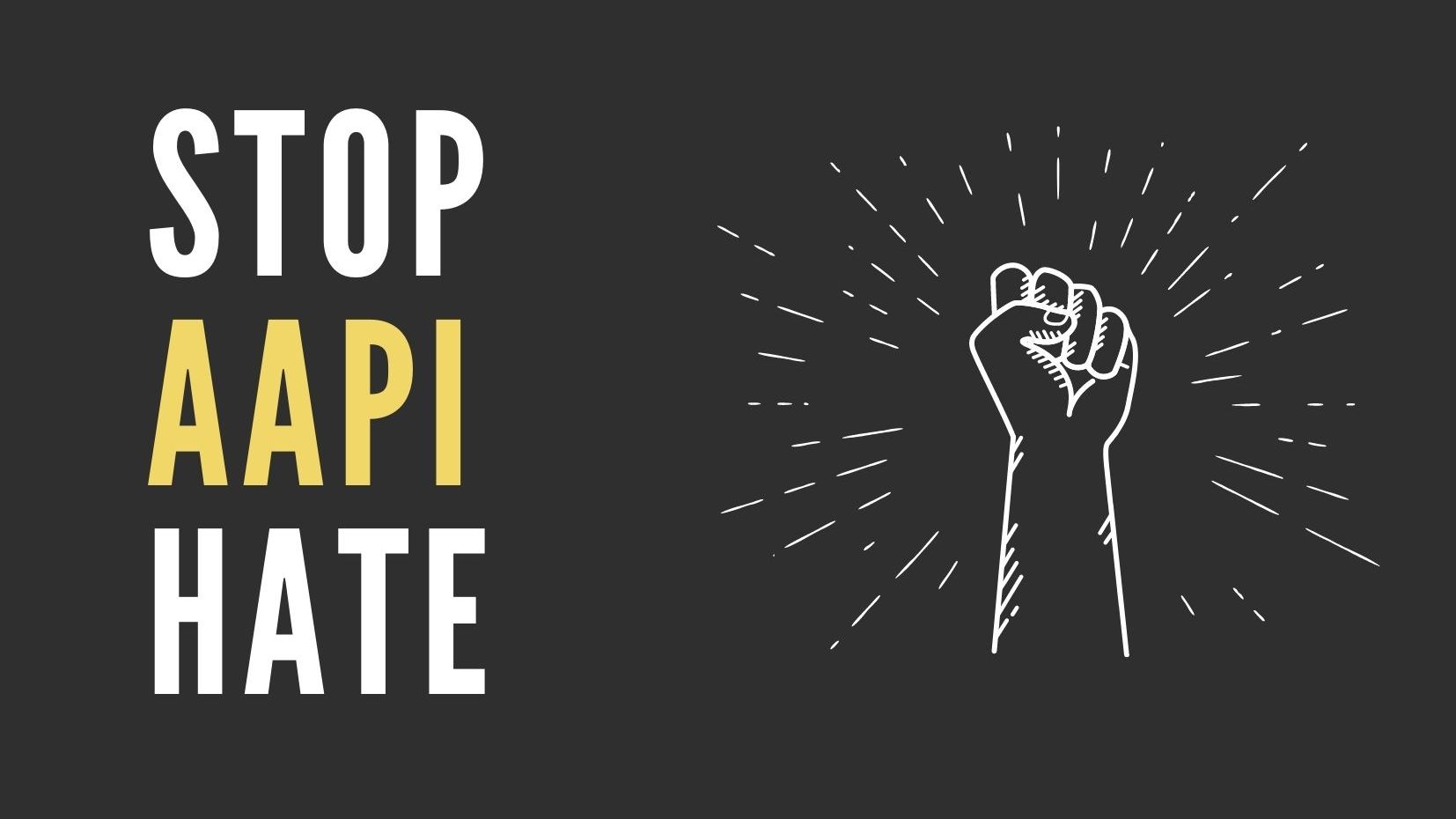Stop AAPI Hate

The East Bay Asian Local Development Corporation (EBALDC) is heartbroken by Tuesday’s murders of eight individuals in Georgia, six of whom were Asian American women. We mourn for the precious lives lost in these continuing senseless acts of hate-fueled violence.
Since last March, nearly 3,800 reports of anti-Asian hate incidents, with 68% towards women, have been documented. It is not lost on us that – while Asian American women have borne the brunt of violence since the start of the pandemic – racialized misogyny is not new. It is not lost on us that racism, and the “otherizing” of Asian Americans has a long history in the United States, ranging from the Page Act of 1875, the first restrictive federal immigration law that targeted Asian women, the Chinese Massacre of 1871, the Chinese Exclusion Act of 1882, Executive Order 9066 that incarcerated Japanese Americans, anti-Asian war-time propaganda, to the murders of Vincent Chin in 1982 and of Balbir Singh Sodhi in the aftermath of 9/11. It is spiking again today, because some political leaders scapegoated an entire group of people for the pandemic, and created a climate that encourages blame instead of solutions and solidarity. As a longtime community developer from Oakland’s historic Chinatown, we remember, and know intimately that the fear of us inevitably leads to separation and targeting.
As we mourn this week’s losses and condemn the violence, we continue to call upon our own communities to holistically respond to trauma and violence, and forge a vision and future of community safety that is grounded in accountability, justice, and care for each other. This includes continued support for and partnerships with BIPOC communities with whom we share histories and our destinies. We call upon our elected officials across the country to take racism against Asians seriously, to invest in our neighborhoods in ways that address systemic inequities and prioritizes community led solutions. And we call upon our friends and allies to reach out to your Asian friends, neighbors, and colleagues. Our communities are in pain. We need each other to heal.
